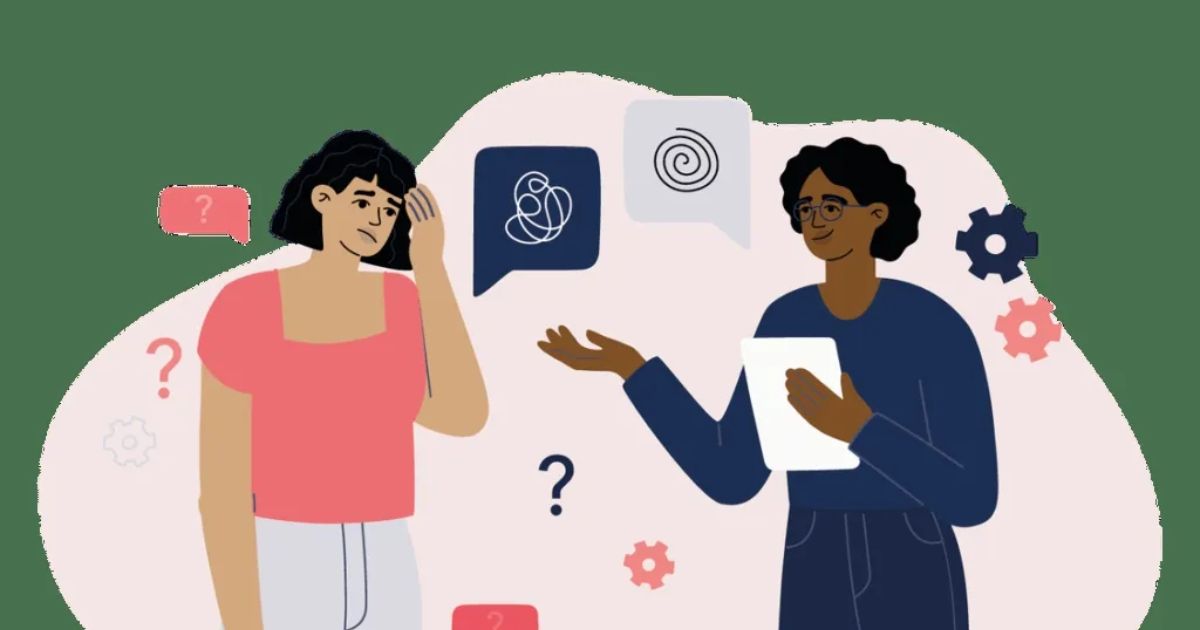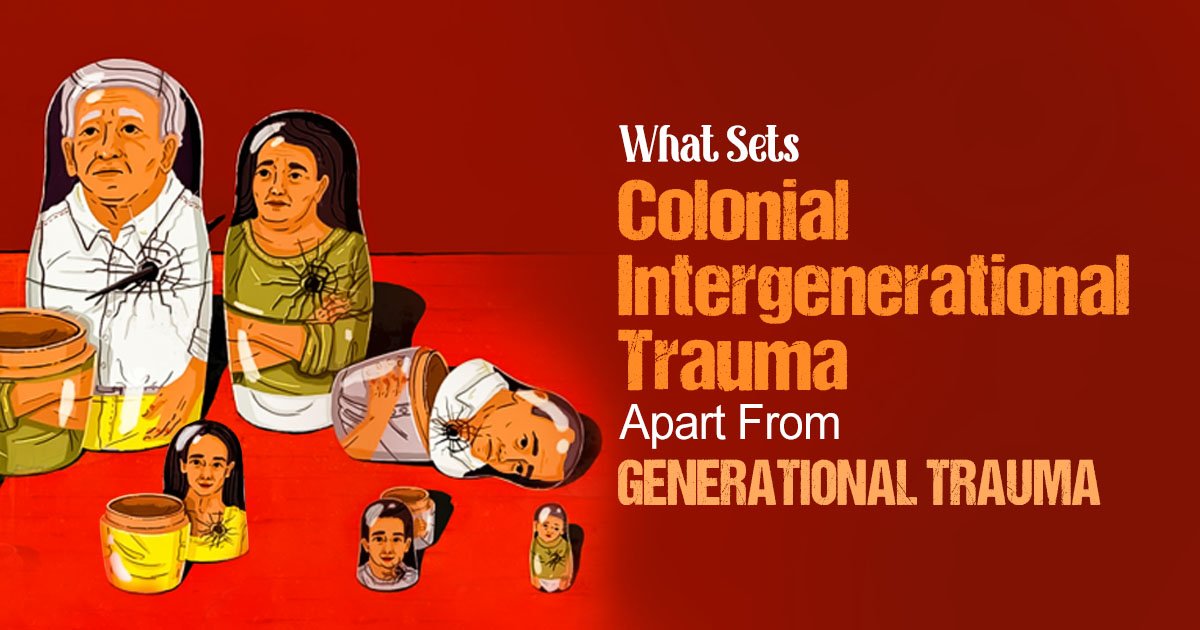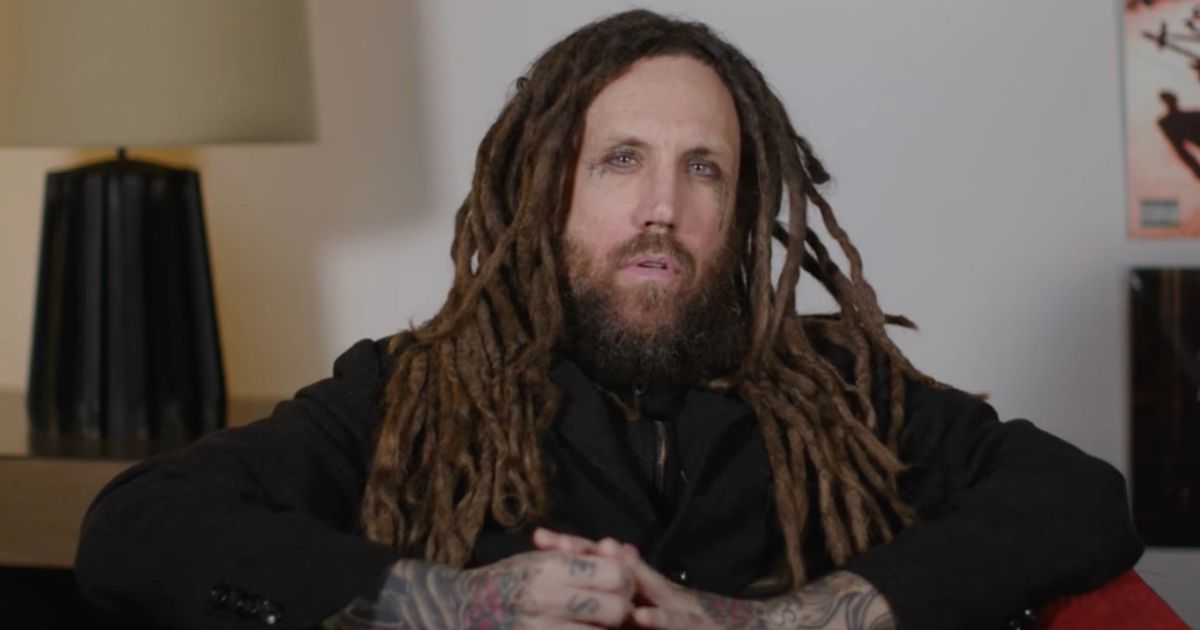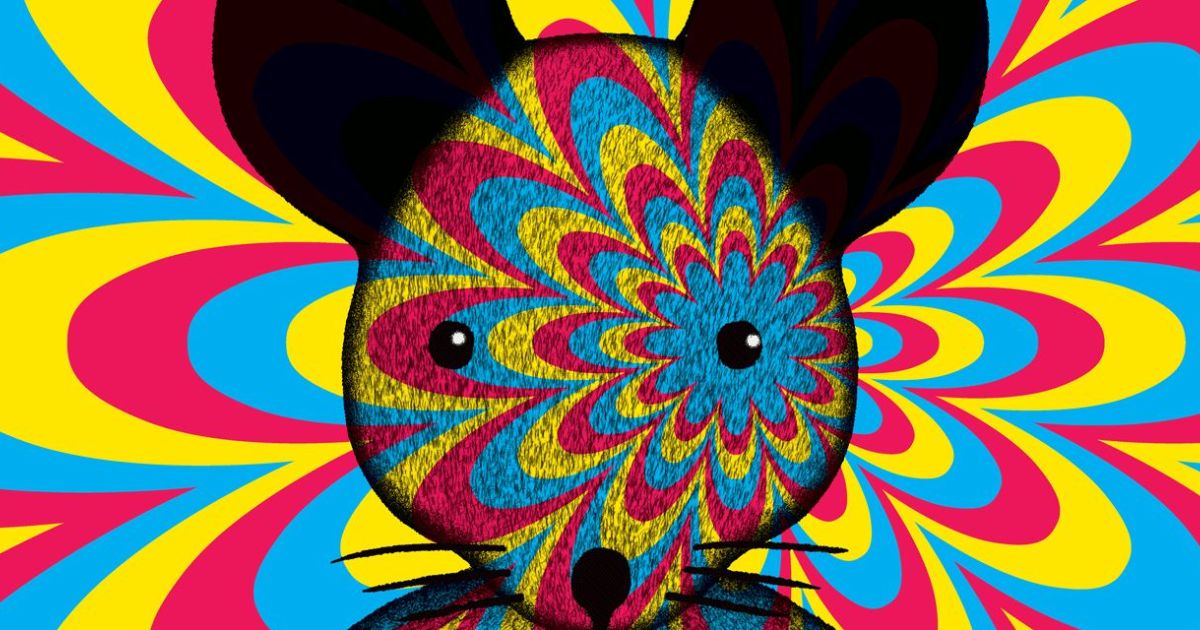Schizophrenia is a complex mental disorder that affects millions of people worldwide. Unfortunately, it is also surrounded by numerous misconceptions and stereotypes.
These misconceptions and myths about schizophrenia often lead to stigma, discrimination, and a lack of understanding about the condition. In order to promote empathy, support, and accurate information, it is crucial to debunk these popular misconceptions about schizophrenia.
Why Addressing The Myths About Schizophrenia Matters
Debunking popular schizophrenia myths and misconceptions is of utmost importance for several reasons. Firstly, it helps to eliminate the stigma associated with the disorder, which can significantly impact the lives of individuals with schizophrenia.
By providing accurate information, society can better understand that schizophrenia is not a character flaw or a result of personal weakness, but rather a medical condition that requires compassion and support.
Secondly, debunking misconceptions promotes early detection and intervention. When people have accurate knowledge about the symptoms and signs of schizophrenia, they are more likely to seek help for themselves or their loved ones.
Lastly, debunking popular misconceptions fosters a more inclusive and supportive society, where individuals with schizophrenia can lead fulfilling lives without fear of judgment or discrimination.
Realities vs Myths About Schizophrenia
1. Myth:
Schizophrenia is a split personality disorder.
Reality:
This is a common misconception. Schizophrenia is not the same as having multiple personalities. It is a chronic mental illness characterized by abnormal thoughts, perceptions, emotions, and behaviors.
2. Myth:
People with schizophrenia are dangerous and violent.
Reality:
While media portrayals may suggest otherwise, the majority of individuals with schizophrenia are not violent. In fact, they are more likely to be victims of violence than perpetrators.
3. Myth:
Schizophrenia is caused by bad parenting or personal weakness.
Reality:
Schizophrenia is a complex disorder with a strong genetic component. It is not caused by poor parenting or a lack of willpower. Factors such as genetics, brain chemistry, and environmental influences play a role in its development.
4. Myth:
Individuals with schizophrenia have a lower intelligence level.
Reality:
Intelligence is not related to schizophrenia. People with schizophrenia can have varying levels of cognitive abilities, just like anyone else.
5. Myth:
Schizophrenia is untreatable.
Reality:
While there is no cure for schizophrenia, it is a treatable condition. With appropriate medication, therapy, and support, individuals with schizophrenia can manage their symptoms and lead meaningful lives.
6. Myth:
Schizophrenia is a rare disorder.
Reality:
Schizophrenia is relatively rare than other disorders like depression or anxiety but it is more common than many people realize. It affects about 1% of the global population, which amounts to tens of millions of people worldwide.
7. Myth:
People with schizophrenia cannot work or contribute to society.
Reality:
Many individuals with schizophrenia can work, pursue education, and make valuable contributions to society. With the right treatment and support, they can lead fulfilling and productive lives.
8. Myth:
Schizophrenia is caused by substance abuse.
Reality:
Substance abuse can worsen the symptoms of schizophrenia, but it does not cause the disorder. The relationship between substance abuse and schizophrenia is complex and requires careful understanding and treatment.
9. Myth:
Schizophrenia is a condition that only affects young adults.
Reality:
This is one of the foremost schizophrenia myths. While the onset of schizophrenia often occurs in late adolescence or early adulthood, it can affect individuals at any age, including children and older adults.
10. Myth:
Schizophrenia means a lifetime of institutionalization.
Reality:
While some individuals with severe schizophrenia may require hospitalization at certain points in their lives, the majority of people with schizophrenia can live in the community with appropriate support and treatment.
Debunking popular misconceptions about schizophrenia is crucial for fostering a society that understands, supports, and includes individuals with this mental disorder.
By dispelling myths and promoting accurate information, we can reduce the stigma of a schizophrenia diagnosis, encourage early intervention, and create a more empathetic and accepting world.
It is important for everyone to educate themselves about schizophrenia and challenge the misconceptions that surround it, thereby enabling individuals with schizophrenia to live their lives with dignity, respect, and the opportunities they deserve.
Know More About –
Related Articles –
- 4 Optical Illusions That Can Predict Schizophrenia
- 20 Typography Images That Visualize Mental Disorders Brilliantly
- Do You See A Concave Or Convex Mask? Try This Hollow Face Illusion Test To Detect If You’re A Genius or Schizophrenic




























